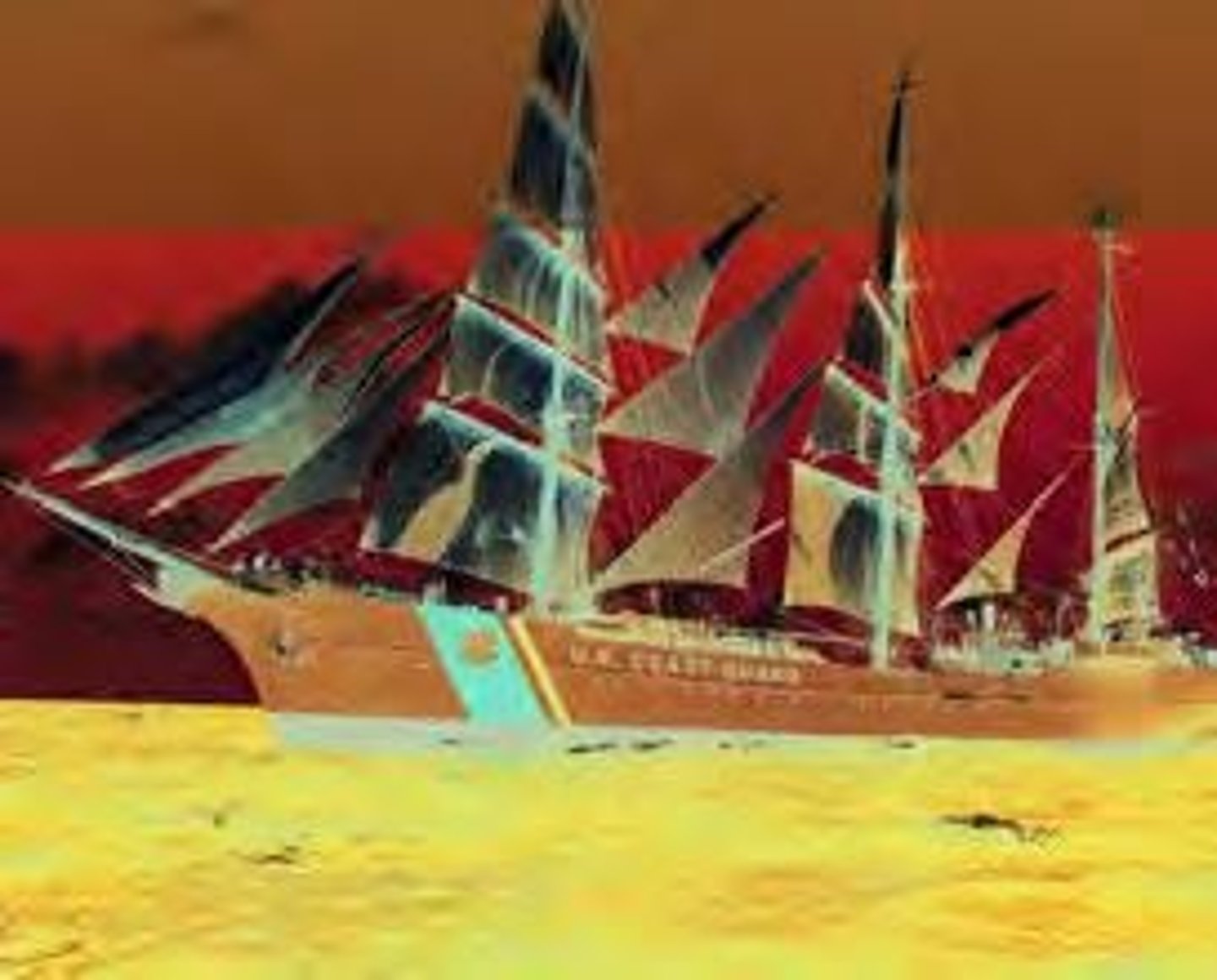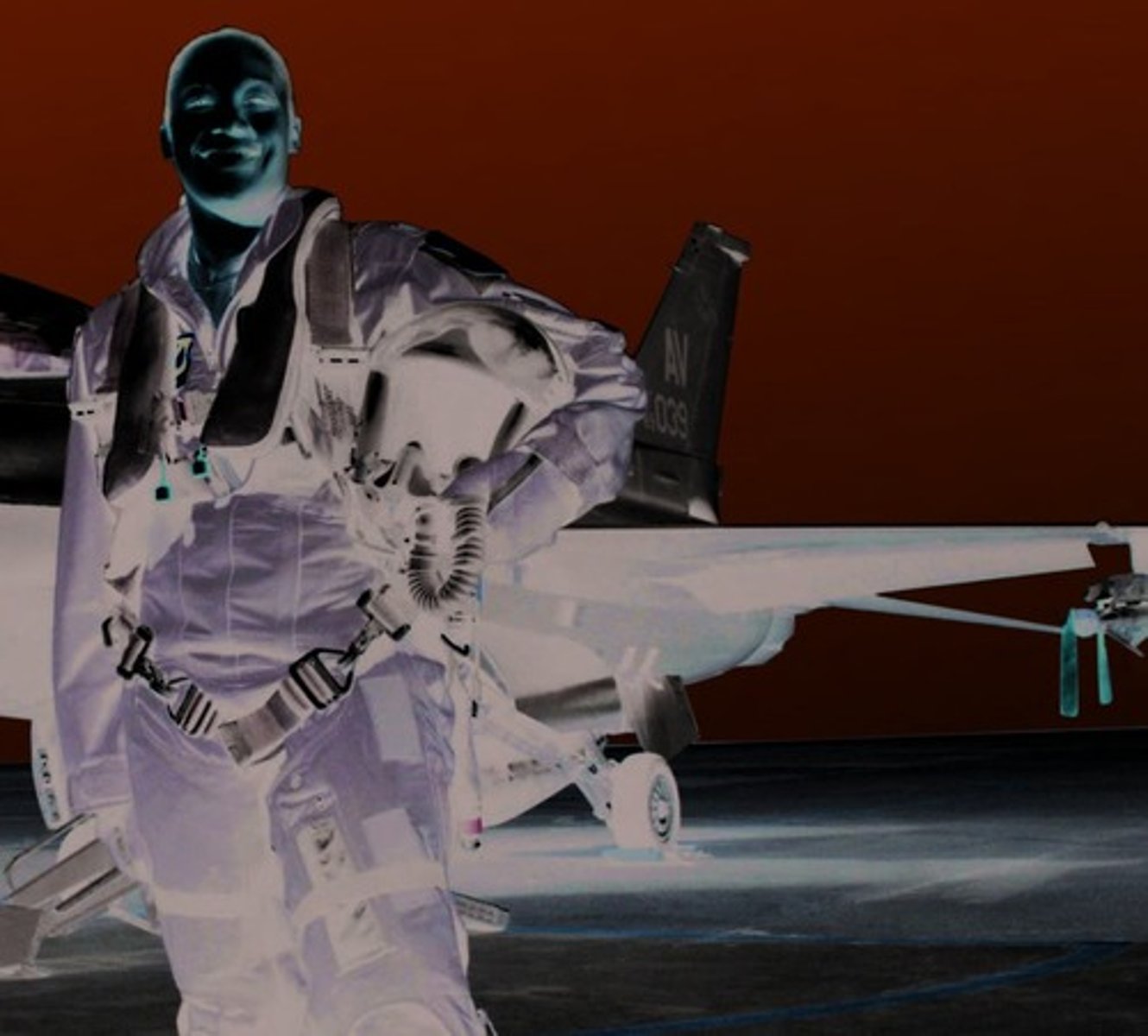Indirect Leadership in Civil Air Patrol Cadet Programs
1/673
There's no tags or description
Looks like no tags are added yet.
Name | Mastery | Learn | Test | Matching | Spaced | Call with Kai |
|---|
No analytics yet
Send a link to your students to track their progress
674 Terms
Indirect Leadership
Leading without direct authority or control.
Cadet Officer
A leadership role for Civil Air Patrol cadets.
Officership
The responsibilities and roles of military officers.
Meritocracy
Selection based on ability and talent.
Moral Leadership
Leading by ethical principles and values.
Character Formation
Development of personal virtues and ethics.
Conflict Resolution
Methods to resolve disagreements effectively.
Public Trust
Confidence the public has in leaders.
Respectful Dissent
Challenging authority while maintaining respect.
Moral Reasoning
Process of determining right from wrong.
Virtue Ethics
Focus on character and moral virtues.
Duty Ethics
Emphasis on obligations and responsibilities.
Utilitarianism
Ethical theory focusing on greatest good.
Behaviorism
Learning theory emphasizing observable behaviors.
Developmental Perspective
Understanding growth through various life stages.
Five Types of Conflict
Categories of conflict in interpersonal relationships.
Cooperative Negotiation
Collaborative approach to resolving disputes.
Leadership Theory
Study of different leadership styles and practices.
Air Force Traditions
Customs and practices of the Air Force.
Critical Thinking
Analyzing facts to form a judgment.
Gandhi Quote
Inspiration to enact personal change.
Robert F. Kennedy Quote
Value of moral courage in leadership.
T.S. Eliot Quote
Success derived from preparation and learning.
Jackie Joyner-Kersee Quote
True happiness outweighs medals and glory.
Harper Lee Quote
Significance of standing up for values.
Colin Powell Quote
Success results from hard work and learning.
History of Officer Corps
Evolution of military officer respect and roles.
Leadership as Vocation
View leadership as a calling, not a job.
Everyday Bigotry
Discrimination based on wealth, birth, or influence.
Career Officers
Generals with formal training and merit-based advancement.
Egalitarian
Belief in equal rights and opportunities for all.
Meritocracy
System where merit determines advancement and success.
Service Academies
Institutions training officers based on merit, not birth.
Industrial Revolution
Period of technological advancement impacting military strategies.
Modern Officer Corps
Professional military structure based on education and merit.
Oath of Office
Ceremony where officers pledge allegiance and responsibility.
Commission
Official appointment of officers by the President.
USMA West Point
United States Military Academy for officer training.
USNA Annapolis
United States Naval Academy for naval officer training.
USCGA New London
United States Coast Guard Academy for training.

USAFA Colorado Springs
United States Air Force Academy for officer training.

Professional Knowledge
Expertise required for military leadership roles.
Distinguished Valor
Recognition for bravery in military service.
Class Preference Abolished
End of social class influence in military appointments.
Allegiance
Loyalty pledged by officers to their country.
Technical Training
Specialized education for mastering military technologies.
Game-Changing Technologies
Innovations that transformed warfare in the 19th century.
Battlefield Medicine
Medical practices developed for treating soldiers in combat.
Iron-Clad Ships
Naval vessels armored with iron for protection.
Rifling
Grooving inside gun barrels for improved accuracy.
Flintlock Cannons
Early artillery using flint to ignite gunpowder.
Mechanically-Fused Land Mines
Explosive devices triggered by mechanical means.
Railroads in Warfare
Transportation networks enhancing military logistics.
Equal Duties and Rights
Principle that all officers share the same responsibilities.
Professionalism in Military
Expectation of competence and conduct among officers.
Historical Context
Background influencing the evolution of military leadership.
Oath of Office
Promise to support the Constitution against enemies.
Commission
Legal document granting authority to lead.
Circumscribe
To restrict within certain limits.
Commander in Chief
President's role as military leader.
Code of Conduct
Essential duties for military officers.
Active Duty
Full-time service in the military.
Service Academy
Institution training future military leaders.
ROTC Scholarship
Financial aid for military training in college.
Officer Training School
Program for training military officers.
Direct Appointment
Commissioning for professionals like lawyers or doctors.
AFROTC
Air Force Reserve Officer Training Corps.
Enlisted Personnel
Non-officer members of the military.
Silver Dollar Tradition
New officers present a silver dollar to first salute.
Top 12%
Class rank of average AFROTC scholarship recipient.
Grade Point Average
Average GPA of 3.77 for AFROTC recipients.
SAT Score
Average score of 1260 out of 1600.
ACT Score
Average score of 27 for AFROTC recipients.
Foreign Language Major
20% of ROTC scholarships awarded in this field.
Technical Field Major
70% of ROTC scholarships awarded in this area.
Other Majors
10% of ROTC scholarships awarded outside STEM and languages.
Military Authority
Power granted to officers by the president.
Trust and Confidence
Key qualities in appointing military officers.
Patriotism
Loyalty to one's country.
Valor
Courage in the face of danger.
Fidelity
Faithfulness to duties and obligations.
Duties of Office
Responsibilities assigned to military officers.
Public Laws
Legal framework governing military officers.
Officer Corps
Group of commissioned military leaders.
Evolution of Officership
Changes in the role and responsibilities of officers.
Officership
Military leadership role requiring education and character.
Secretary of Defense
Government official overseeing military operations.
Hallmarks of Officership
Key traits expected from military leaders today.
Cadet Officer
Student pursuing military leadership and service.
Inspirational Leadership
Ability to motivate and guide others effectively.
Unchecked Power
Authority without oversight or accountability.
Adaptability
Ability to adjust to complex situations.
Scientific Competency
Understanding scientific principles relevant to military.
Mason Mathias
Lieutenant known for leadership during D-Day.
C-47 Dakota
Aircraft used for airborne troop transport.
82nd Airborne Division
U.S. Army division specializing in airborne operations.
D-Day
June 6, 1944, Allied invasion of Normandy.
Follow Me!
Mathias's command to inspire his men.
Military History
Study of past military events and strategies.
German Language
Language learned by Mathias for communication.